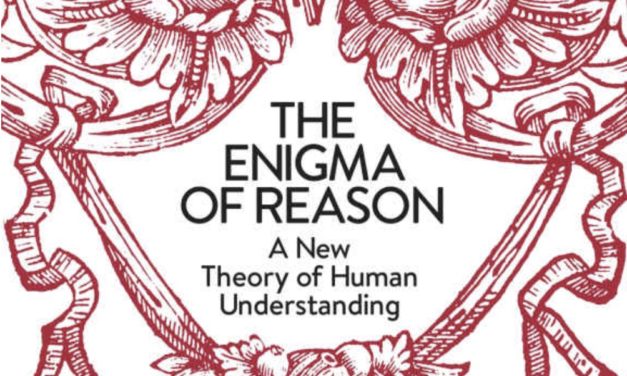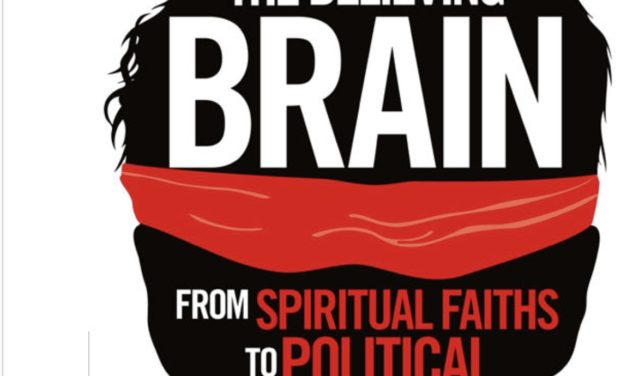Thinking Together
Business studies have long emphasised the importance of ‘people management’ to business success. And EQ and so-called ‘soft skills’ are widely recognised as important attributes for managers and leaders.
But recent claims by evolutionary psychologists challenge the unspoken assumption that the human ability to reason is a superior capability of individuals, enabling them to think better on their own. If that were true, the argument goes, how strange it is flawed and keeps leading people astray through a long and growing list of inherent biases. Instead, they propose that reason is a social attribute that permits groups to arrive collectively at higher-quality decisions.
If this is true, then surely then the art and craft of thinking together is essential to effective performance whether led by a skilled external facilitator, or as a communally developed skill shared by a group, family, organization or community. The implications for management practice are extensive.






